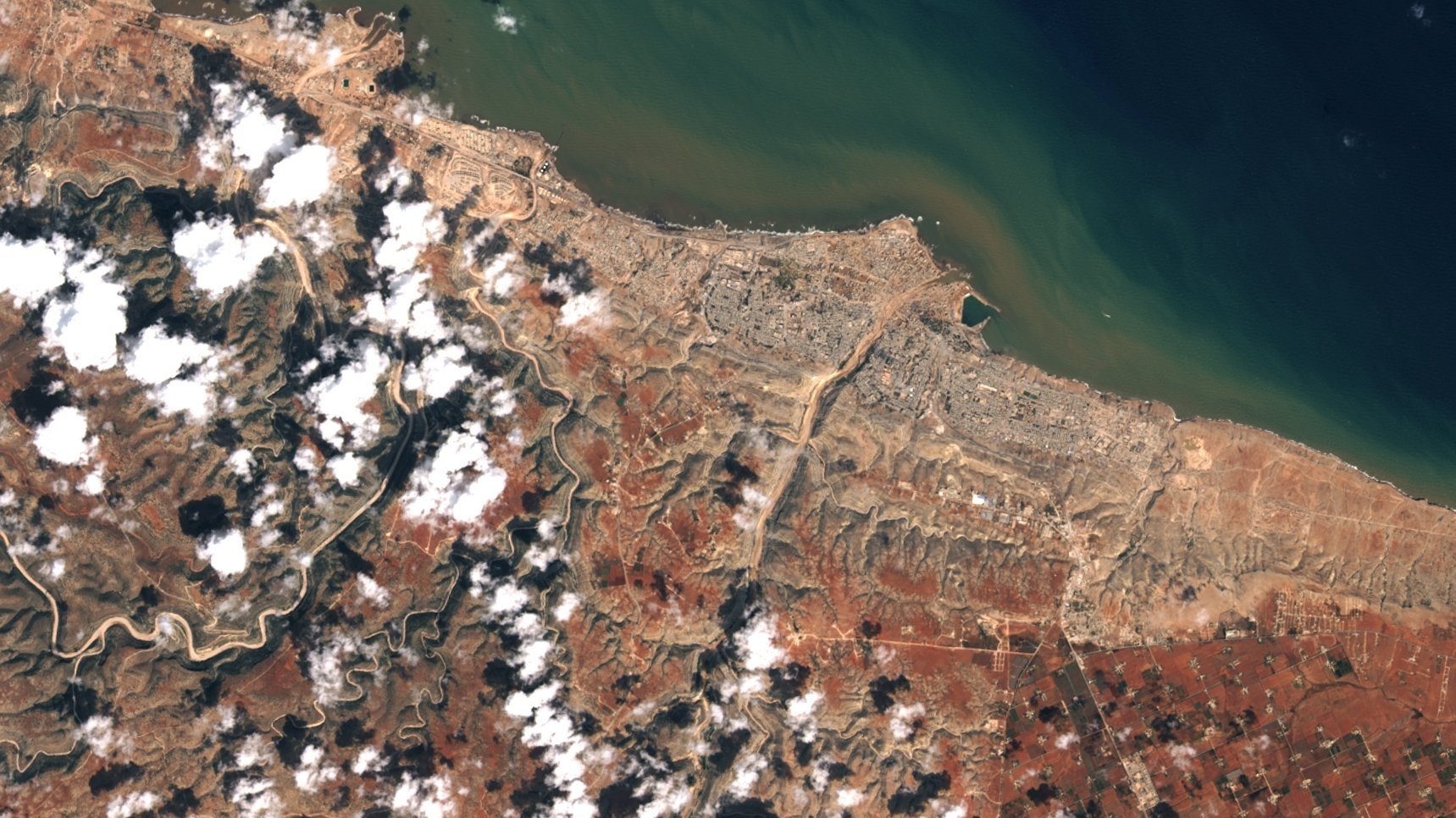Urgent call to response leadership: advance communication and dialogue in Libya
On 11 September 2023, Storm Daniel hit Derna City in northeast Libya, with the ensuing floods causing catastrophic destruction and loss of life. In a crisis of this magnitude, actionable information and continuous dialogue, to help affected people make crucial decisions, cope with challenging realities and access aid and services, can make the difference between life and death. For affected people in Libya, information on health, protection risks and how to access assistance and services, such as temporary shelter and housing, is essential.
As the international humanitarian response ramps up, CDAC Network and its members urgently call for response leadership to:
Establish an inclusive and accessible forum for communication coordination with strong engagement pathways for local and diverse media and communication actors.
Develop meaningful partnerships between humanitarian actors, media agencies and diverse communication actors. While media is not humanitarian, it can enable effective responses. Media can rapidly reach millions of people and heard-to-reach areas with life-saving information and two-way communication in a way that humanitarian responders are not able to.
Provide urgent and sustained funding support for trusted channels that offer locally relevant, quality journalism. Supporting journalists to cope with psychosocial stress experienced as they report on the crisis is also a critical priority.
The escalating consequences of inaction
Despite the critical importance of communication, there is a notable absence of a dedicated communication or accountability to affected people (AAP) coordination forum within the existing humanitarian structure to drive information provision, two-way communication and engagement with communities. The missing link between responding agencies and media is a serious gap in a context with an already challenging communication landscape: complex governance issues across regions and lack of trust in existing authorities; communication and media that is heavily funded according to geopolitical interests; the large-scale, active production of mis- and disinformation that has intensified post-disaster; and the restricted information flows and access for media and communication actors into affected communities.
The fallout from the absence of cohesive communication with an integrated role for media and communication actors is already evident. Following the disaster, authorities prevented legitimate journalists from entering Derna, heavily impacting the quality of information shared in the media. There has been a surge of rumours and fake news with high online engagement and sharing at the community level, overwhelming the fact-checking capacity of local actors. The limited engagement between humanitarian and communication actors is hindering the ability to inform response planning. Ongoing needs assessments include questions related to media and communication preferences, but the lack of established partnerships with media actors will limit the capacity to act on this data and deliver an effective response.

